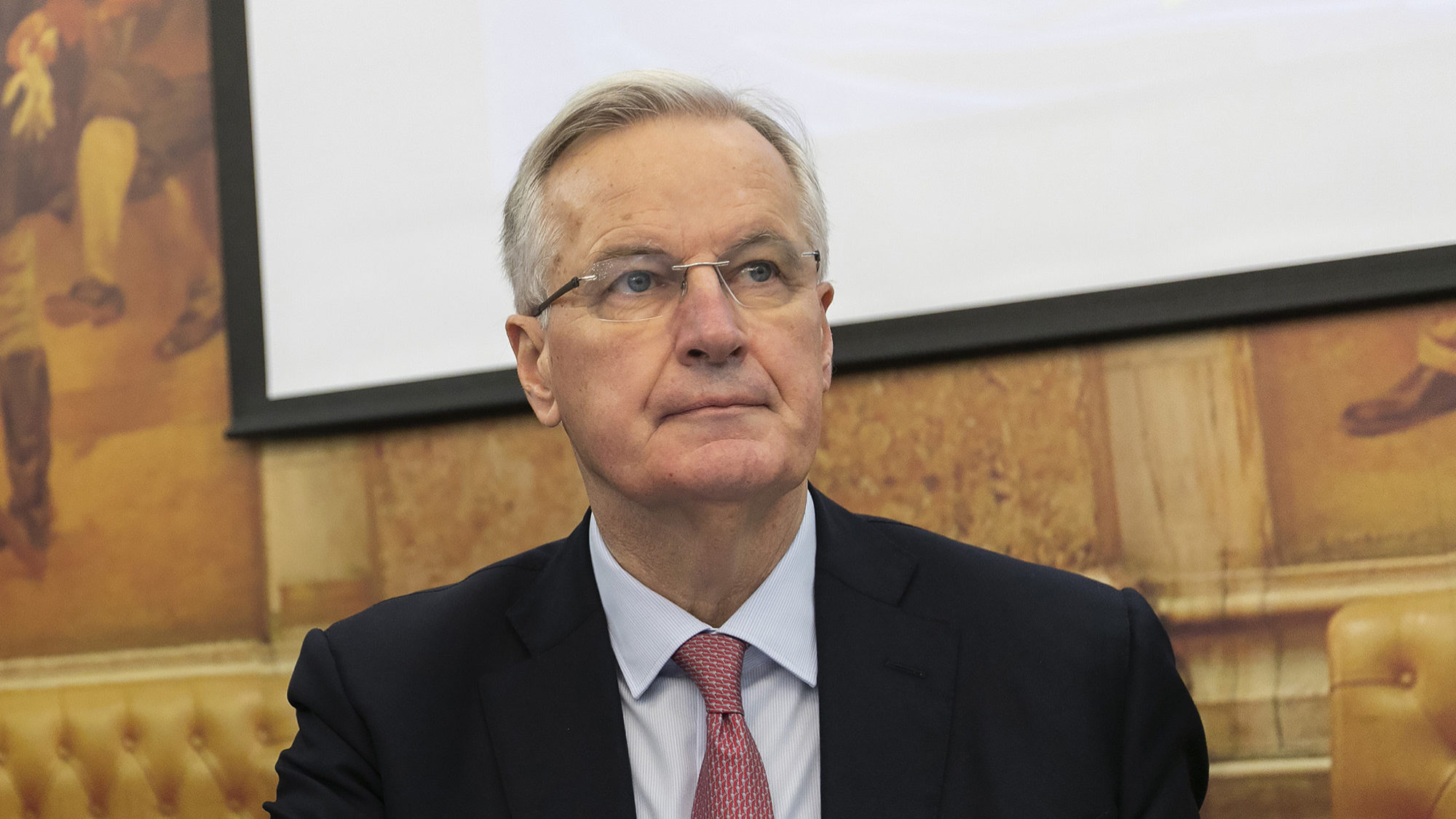Government reappointed Casalinho to head IGCP, 15 months after the end of her term
The government has decided to reappoint Cristina Casalinho as chairman of the IGCP, 15 months after her term ended. Casalinho will continue to head the Portuguese treasury agency.
The government has decided to reappoint Cristina Casalinho as chairman of the IGCP, the Portuguese treasury and debt agency, the public entity responsible for the integrated management of cash, funding the direct debt management, the debt of public corporations whose financing is ensured through the state budget.
15 months have passed since the end of her term at the IGCP, our sources have told us that Casalinho is going to continue to manage the Portuguese treasury agency. A new appointment is in for the administration of the IGCP, but António Pontes Correia will continue to stand as the executive director, side by side with Casalinho.
The current mandate has ended on 30 September 2017, but Casalinho and Pontes Correia have both maintained their positions at the IGCP. Despite the fact that she was being also referred for other positions in important public entities such as the ASF (the pension funds management authority), the government has stepped in and decided to reappoint Casalinho.
Cristina Casalinho and António Pontes Correia’s appointments were already sent to the Cresap and the State Council, together with Rita Granger, who had been until now responsible for risk management at IGCP.
ECO contacted Cristina Casalinho, who refused to give any further comments on the news.
She is now getting ready for three more years at the IGCP, and the responsibility of ensuring the financing of the Portuguese debt will certainly be her highest priority. During her mandate, the former chief economist at Banco BPI (a position she held between 2001 and 2012) has been responsible for bond auctions and treasury bills, but also for products such as savings certificates, treasury bills and OTRVs.
As Chairman of the IGCP, Casalinho accompanied the improvement of Portuguese ratings in three of the most important financial rating agencies, which, together with the debt purchase programme of the ECB, has allowed Portugal to get historically low financing costs. Debt emission last year presented an average of 1.8%, while 10-year treasury bonds yield stands at 1.65%.




